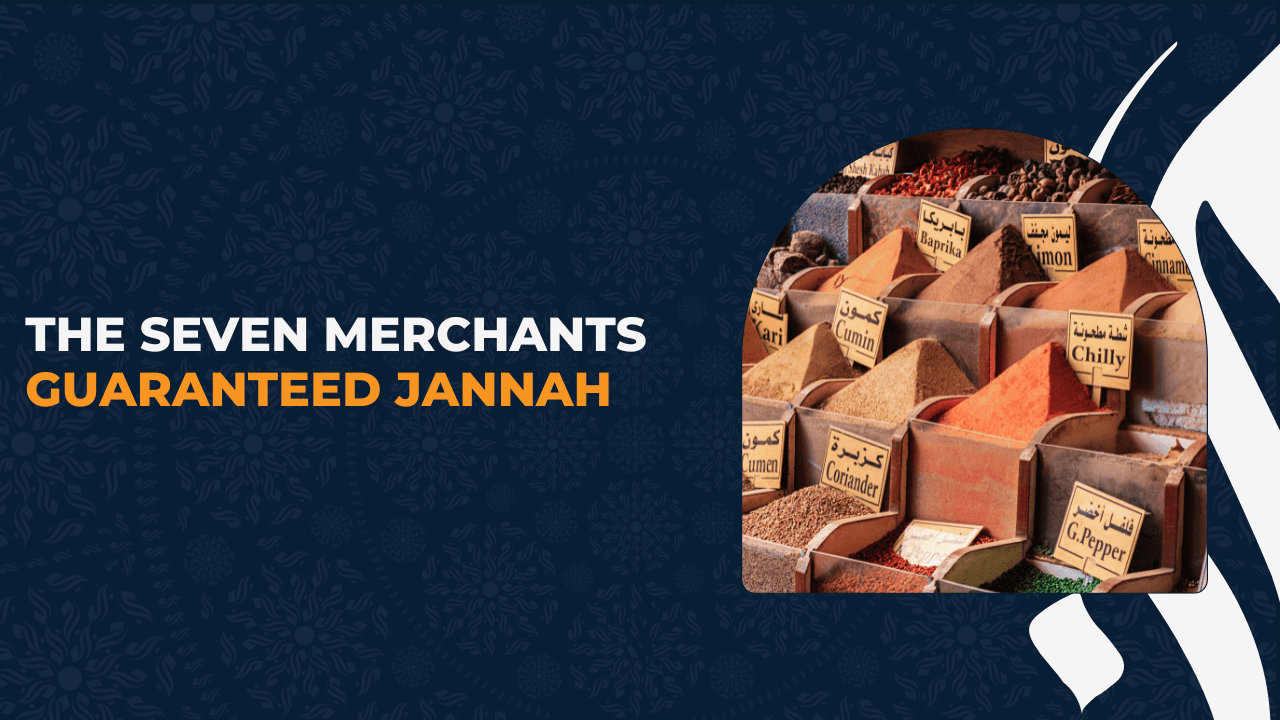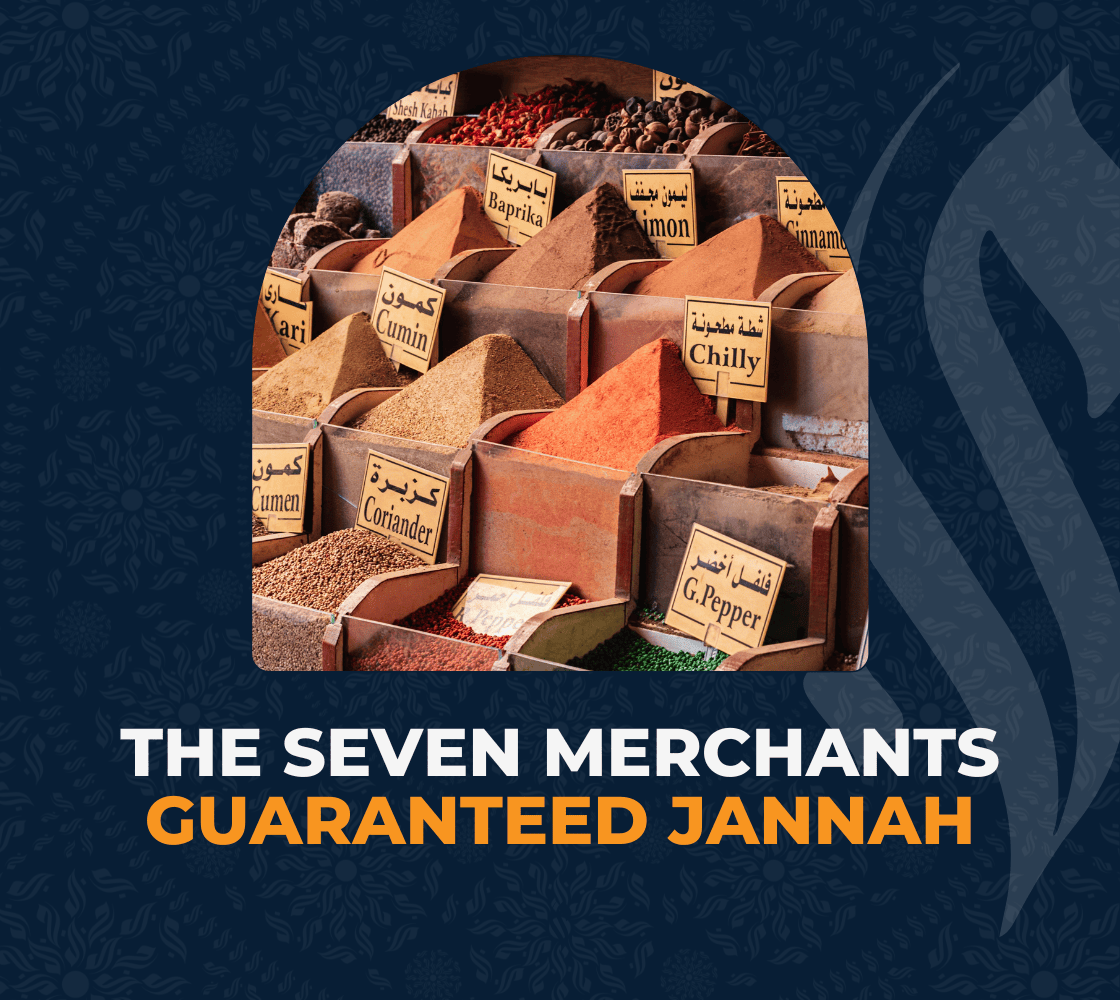

1. Faith Before Fortune: The Ultimate Investment Strategy
2. Integrity and Trust: The Currency of Eternal Value
3. Generosity and Service: The True Purpose of Wealth
4. Humility in Success: The Grace of Prosperity
4. Humility in Success: The Grace of Prosperity
5. Courage and Responsibility: Leadership in Action
5. Courage and Responsibility: Leadership in Action
6. Unity and Brotherhood: Beyond Competition
6. Unity and Brotherhood: Beyond Competition
Subscribe to Muslim Founder's Newsletter
The only newsletter you need to start & grow your Muslim business, Insha'Allah.
100% Free. No Spam Guaranteed.
7. Wealth With Accountability: The Final Audit
Conclusion: The Blueprint for Blessed Commerce
Subscribe to Muslim Founder's Newsletter
The only newsletter you need to start & grow your Muslim business, Insha'Allah.
100% Free. No Spam Guaranteed.


